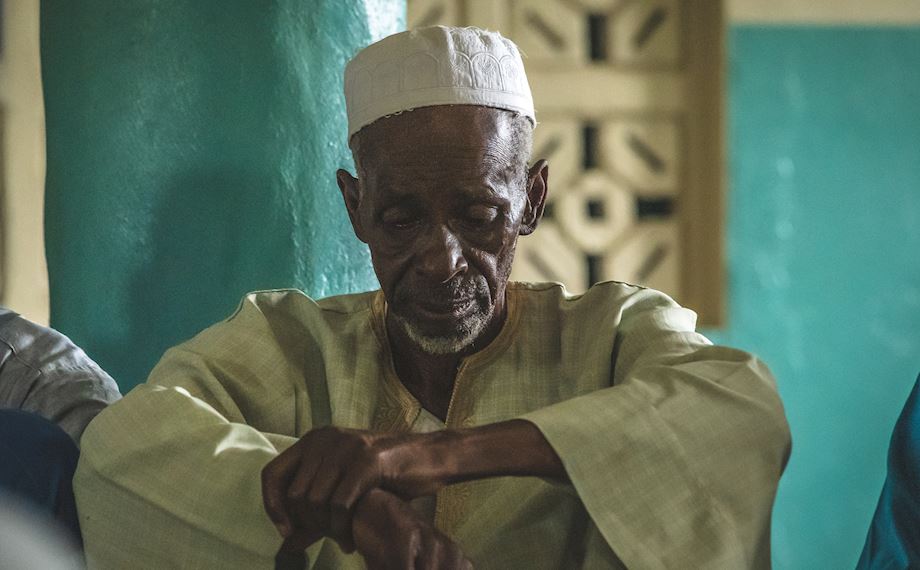Mental Health Matters – How Islam Encourages Emotional and Psychological Wellbeing
World Mental Health Day serves as a vital reminder of the importance of mental health and the need for greater awareness and understanding. In this blog, we will explore how Islamic teachings promote emotional and psychological wellbeing.
The Islamic Perspective on Mental Health
Islam places great emphasis on the balance of the mind, body, and spirit. The Quran and Hadith offer guidance that supports mental health, emphasizing compassion, community, and personal accountability. Believers are encouraged to seek help when needed, recognizing that caring for one’s mental health is as important as caring for one’s physical health.
- Seeking Support and Community
Islam teaches that community support is crucial for emotional wellbeing. The concept of Ummah (community) underscores the importance of social connections. Engaging with family, friends, and community members fosters a sense of belonging and reduces feelings of isolation. The Prophet (saw) encouraged community ties, reminding us that we are not alone in our struggles.
- Prayer and Reflection
Salah not only serves as a spiritual practice but also as a means of mental grounding. The practice of prayer allows for reflection, mindfulness, and connection with Allah (swt). These moments of stillness can provide relief from anxiety and stress, offering a break from the chaos of daily life. Furthermore, dua is a powerful tool for expressing emotions, seeking guidance, and finding solace.
- Self-Care and Personal Accountability
Islam promotes the concept of self-care, encouraging individuals to take responsibility for their mental and physical health. The Prophet Muhammad emphasized moderation and balance, advising against excess in any aspect of life. This principle encourages believers to prioritize their wellbeing, recognizing the importance of rest, nutrition, and mental health.
- The Importance of Gratitude
Gratitude is a central theme in Islamic teachings. Practicing gratitude can significantly improve mental health by shifting focus from negative thoughts to positive ones. The Quran reminds us to reflect on our blessings, which can cultivate a sense of contentment and reduce feelings of anxiety and depression.
- Addressing Stigma and Encouraging Open Dialogue
Mental health issues can sometimes carry stigma within communities. Islam encourages open dialogue and understanding. By discussing mental health openly, we can create a more supportive environment for those struggling. Scholars and community leaders can play a pivotal role in educating others about mental health, encouraging those in need to seek help without fear of judgment.
As we observe World Mental Health Day, let us remember that mental health matters deeply. Islam offers a rich framework for promoting emotional and psychological wellbeing, emphasizing community support, prayer, self-care, and gratitude. By integrating these teachings into our daily lives, we can foster a healthier mindset for ourselves and those around us.
Together, we can create an environment where mental health is prioritized and where individuals feel empowered to seek the help they need. Let us celebrate the teachings of Islam that encourage us to nurture our mental health and support one another on this journey.


















